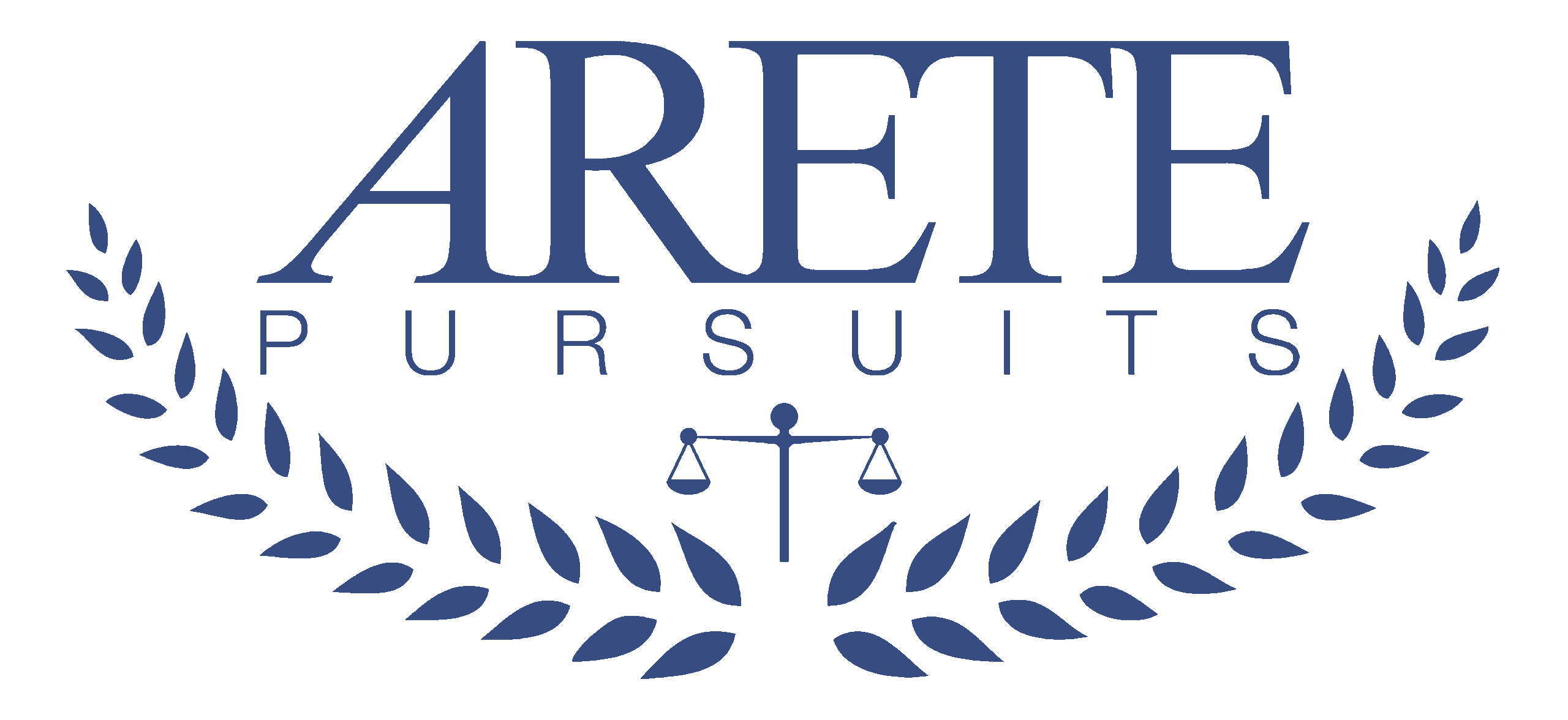Leaders get their job done through language. We have spent the past few weeks examining a set of language distinctions called speech acts. We are more effective leaders and humans when we master these distinctions:
Today we’ll cover one final distinction – promises (commitments). We waste time and energy when we fail to manage promises effectively.
Kinds of Promises
When someone makes a request to us, and we declare acceptance of that request, we create a promise. Similarly, if we make an offer to someone, and they accept that offer, we have created a promise. Substitute the term “commitment” if that resonates better with you.
Elementary, right? When you make a promise, how often do you fulfill that promise? When your direct reports commit to you, how often do they fulfill that commitment? What do you do when a promise goes unfulfilled? In their book Language and the Pursuit of Leadership Excellence, Chalmers Brothers and Vinay Kumar outline three kinds of promises:
- Strong Promises. When we make a strong promise, we fully expect to deliver on that promise. We associate the promise with our integrity. We will either fulfill the promise or proactively manage expectations if we cannot do so. Every leader loves a direct report who makes strong promises. They can delegate and forget about it.
- Shallow Promises. When we make a shallow promise, we plan to fulfill it, but we are not genuinely committed to the promise. Perhaps we promise to attend a friend’s weekend cookout, but if something more interesting arises, we will do that instead. We promise to complete a task by Friday but don’t expect negative consequences if we don’t finish it until the following week.
- Criminal Promises. A criminal process lacks sincerity. We make the promise knowing full well we will not fulfill it. We tell someone we will attend their weekend cookout because we are not comfortable declaring no, even though we have no plans to attend. Perhaps your boss has asked you to do something that 1) you thought was a bad idea and 2) you were confident they would forget about. You promise to complete the task with no plans to do so, expecting they will forget they ever asked.
You may find it enlightening if you reflect upon your promises using these categories.
- How often do you make strong promises? Shallow promises? Criminal promises?
- What kind of promises do you make across different domains? To your boss? Your team? Your partner? Your children? Your friends? Your neighbors? Your community? Your government?
- What kinds of promises are these people making to you?
- What public identity are you creating with the promises you are making?
Unfulfilled Promises
Reflecting on these categories of promises may cause you to rethink your promises to others and how you manage those commitments. You may also realize that people are making promises to you and not following through.
I often talk with coachees about direct reports that are not fulfilling promises. When I ask what action they took when the promise was not fulfilled, all too often, they have done nothing. When promises go unfulfilled, and there are no consequences, we create an environment that fosters shallow and possibly even criminal promises. If we want to foster a climate of strong promises, we must provide feedback when promises go unfulfilled. Without this, we waste energy following up on commitments.
Responsible Complaints
We lodge a responsible complaint when a promise goes unfulfilled without proactive mitigation. Here are some considerations as you deliver your feedback:
- Review the promise. Before we lodge a complaint, we need to ensure the promise was not fulfilled. Often when we focus on the facts, we find that we were not clear about our expectations. We can’t expect the individual to read our minds if we don’t articulate our request clearly.
- Set the context. Remind the individual of the agreed-upon promise and why the promise was significant.
- Start with facts. As with any feedback, we should begin with facts that are not subject to debate. These were the terms of the request, and here are the aspects of the request that were not fulfilled.
- Share your assessments. Once the facts are clear, you can follow up with the impact of the unfulfilled promise.
- Make a new request. If appropriate, work with the individual to create a new promise. “You committed to delivering this by 5 pm Thursday. It is Friday, and this is not complete. Can you commit to having this by noon today?”
- Revoke the agreement. In some instances, negotiating a new promise is unwarranted. “You committed to delivering this by 5 pm Friday. I needed it for Monday’s board meeting, so I had to do it myself over the weekend.”
- Discuss. Is this an isolated event or a trend? What needs to change to prevent future unfulfilled promises?
Often we don’t complain because we feel it is unkind. However, when we don’t lodge a complaint, the individual cannot learn and grow. They form a public identity of unreliability and, without your feedback, don’t realize they have done so.
Putting It All Together
Your team will operate more effectively when you create a culture of accountability around promises. You can spend time delivering on your commitments rather than following up with your team to ensure they deliver on theirs. Here’s how I recommend you put this into practice:
- Examine Your Promises. Pay attention to the kinds of promises you are making. Understand when and why you make criminal and shallow promises, and identify strategies to change your behavior.
- Share This Blog With Your Team. Give your team the distinctions between strong, shallow, and criminal promises.
- Set Team Norms. Set a norm with your team that you only make strong promises to one another. Agree to proactively manage a commitment when a promise cannot be fulfilled.
- Use Responsible Complaints. Make it your practice to hold others accountable when a promise goes unfulfilled. Expect your team to do the same.
- Give Praise. Praise your team for saying no rather than making a shallow or criminal promise. Praise your team for proactively mitigating a promise they cannot fulfill.
Want to comment? Join the conversation on LinkedIn.

